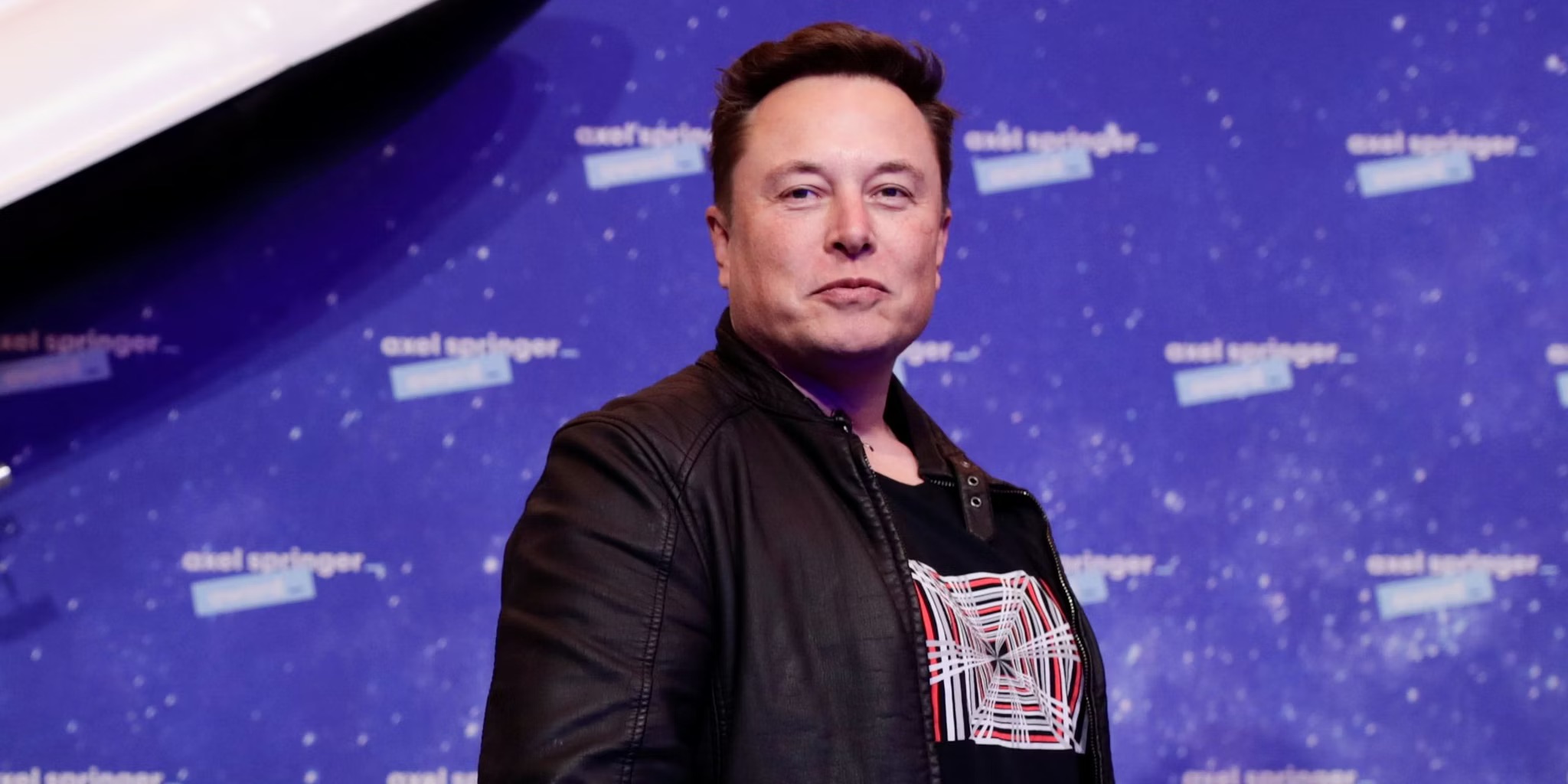
Elon Musk harshly criticized the Senate’s sweeping domestic policy package on Saturday, labeling it “utterly insane” and “destructive.” His main grievance centers on provisions that would raise taxes on numerous solar, battery, geothermal, wind, and nuclear energy projects.
Tesla, Musk’s automaker, produces and sells battery energy storage systems and solar photovoltaic panels through its energy division—making the bill’s impact particularly significant to the company.
Musk’s Strong Opposition to the Bill
Weeks after first condemning the legislation, Musk took to X, the social platform he owns, writing, “The latest Senate draft bill will destroy millions of jobs in America and cause immense strategic harm to our country!” He continued, “It gives handouts to industries of the past while severely damaging industries of the future,” just hours before the Senate was set to vote on the bill.
Notably, the package includes a new subsidy for coal used in steel production, a move Musk criticizes as counterproductive.
Political Fallout and Public Feud
Musk’s outspoken opposition to the bill, which President Trump strongly supports, sparked a public feud earlier this month. Once a key donor—having contributed over $250 million to Trump’s re-election campaign—and an appointee to lead the Department of Government Efficiency (DOGE), Musk’s relationship with the president has since soured.
After his initial criticism, Tesla’s shares dropped 14% in one day, coinciding with Trump threatening to reconsider government contracts awarded to Musk’s companies.
In the days following the dispute, Musk expressed regret over some of his earlier posts and tempered his political commentary, though he returned to criticizing the bill as the Senate vote approached.
Saturday, Musk’s 54th birthday, also saw protests from a group known as Tesla Takedown. Activists criticized Musk for his political associations, including his work with Trump and endorsements of controversial parties abroad.
Author’s Opinion
Elon Musk’s vocal rejection of this bill underscores the tension between established political interests and the rapidly evolving clean energy sector. While the bill aims to support legacy industries, it risks stifling innovation critical for future economic growth and environmental sustainability. Musk’s fight reflects a broader struggle: how policymakers must adapt to a future powered by renewable technologies rather than cling to outdated energy sources.
Featured image credit: Heute
For more stories like it, click the +Follow button at the top of this page to follow us.
